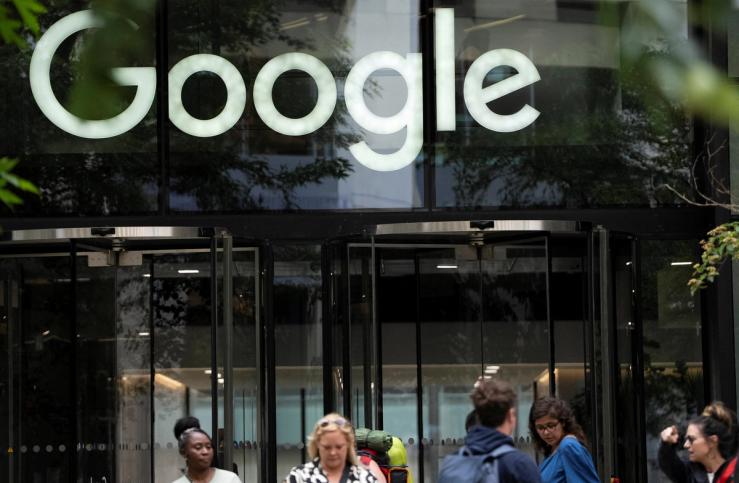Reed’s view
Google is a paradoxical company at the moment. On the AI front, it’s in pole position with its Gemini family of apps, Waymo robotaxis, biotech startup Isomorphic Labs, and an army of researchers that churn out breakthroughs in everything from humanoid robotics to weather prediction.
Simultaneously, Google is still dependent on its cash cow of online advertising, the lion’s share of which comes from traditional searches (remember those blue links?).
Around the time of Google I/O this year, I spoke with Liz Reid, who is leading Search as it transitions to the AI era. I asked her why we would need ads, when AI is capable of scouring the web and finding all the necessary information on whatever product we’re going to buy.
Reid said advertising still had a place in this world, like a small, newer company that could use marketing to make itself discovered by an AI model, in the same way companies use it to appear in search results today.
Since that conversation, I’ve gotten more input from people who think a lot about this and there’s something that’s gone unsaid: AI doesn’t just change the way ads are formatted; it changes the nature of advertising itself.
Imagine describing a pair of shoes you want to buy to a voice assistant, which searches the web, perhaps using Google. It then describes the options and you instruct it to purchase one of them.
If there is an ad in that scenario, it’s going to be seen by an AI agent and not a human. So how would Don Draper advertise to an AI agent?
Google essentially built the advertising ecosystem that funded the media and technology industries for more than two decades. In that byzantine system, ad tech companies insert themselves into layers of transactions that happen before you finally see an ad.
Google now needs to build a new industry that is equally complex, where lots of companies play a role in organizing information for AI agents and earn money on microtransactions that happen in fractions of a second while agents gather data. It’s kind of like advertising, but without the marketing appeals to human emotion that define what we think of advertising today. Credibility will become currency in this system as agents learn how to avoid untrusted sources.
Google’s Agent2Agent protocol is one of the first steps in this new endeavor. But this won’t be easy. The transition could take time and Google needs to innovate on search without killing its cash cow. If it’s successful, the thing that replaces it — whether we call it advertising or something else — could be even bigger.
Notable
- Google’s increasing reliance on AI-generated answers within search results could significantly accelerate the decline of the web as we know it, Axios writes.
- Meta CEO Mark Zuckerberg predicted ads will soon be fully handled by AI.
- “In 2015, I set the company in this AI-first direction. As part of that, we said we would do a deep, full-stack approach to AI, all the way from world-class research, building the infrastructure … all the way from silicon on,” Google CEO Sundar Pichai told Semafor in December.


